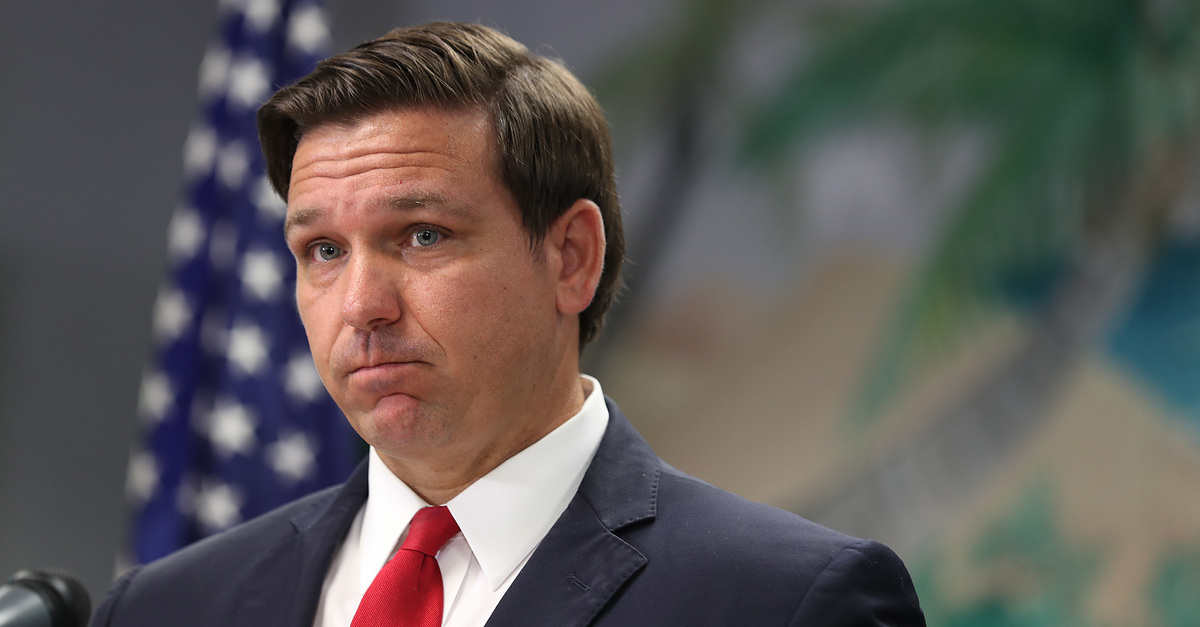
A 10-member panel of the U.S. Court of Appeals for the Eleventh Circuit heard oral arguments on Tuesday in a case about the voting rights of convicted felons. Last November, Florida passed an Amendment that restored voting rights to felons (except those convicted of murder or sex offenses) who completed their sentences. Shortly thereafter, the state legislature passed SB7066, which required felons to have paid all restitution, fines and fees before registering to vote.
A group of plaintiffs represented by the ACLU sued, arguing that conditioning voting on payment of fines violates the 24th Amendment’s guarantee against poll taxes.
After a trial, U.S. District Judge Robert Hinkle—a Bill Clinton appointee-ruled in favor of plaintiffs, calling Florida’s law a “pay-to-vote system.” Florida’s Republican Governor Ron DeSantis appealed the Eleventh Circuit, which now considers whether fines and restitution are appropriately characterized as part of a felon’s sentence or as an illegal poll tax.
Oral arguments, which were conducted via Zoom, touched not only on the general characterization of felons’ obligations to pay fines, but also on the practical considerations at play. Some felons, argued plaintiffs, are not even aware that they owe a fine. What’s more, Florida lacks any central database through which a felon registering to vote could check outstanding obligations.
U.S. Circuit Judge Beverly Martin, a Barack Obama appointee, slammed the state of Florida, saying that it, “has shown a staggering inability” to manage and communicate accurate information about fines to the individuals affected. Charles Cooper, the lawyer representing Governor DeSantis, admitted, according to Courthouse News’s account, that “Florida did not get its act together as quickly as we would have hoped.”
Despite that, Cooper argued, “The remedy is not to throw out the financial obligations out the window.”
Cooper went on to suggest that individuals should simply register to vote, even without being certain that financial obligations were satisfied. The voter registration process, explained Cooper, would trigger a state investigation into eligibility. U.S. Circuit Judge Jill Pryor, also an Obama appointee, pointed out a potential problem with Cooper’s logic: it could constitute perjury.
Florida law requires registrants to sign the following affirmation (emphasis ours):
“I, …., do solemnly swear or affirm that I am a qualified and registered voter of …. County, Florida, and that I have not and will not vote more than one ballot in this election. I understand that if I commit or attempt to commit any fraud in connection with voting, vote a fraudulent ballot, or vote more than once in an election, I can be convicted of a felony of the third degree and fined up to $5,000 and/or imprisoned for up to 5 years. I also understand that failure to sign this certificate may will invalidate my ballot.”
Circuit Judge Pryor pointed out that a person registering and attesting as required might have “represented that they paid all fees under penalty of perjury, even though they have no idea.”
Before Florida adopted its recent Amendment allowing felons to vote, it had been one of only four states (the other three being Iowa, Kentucky, and Virginia) that permanently banned ex-felons from voting.
[image via Joe Raedle/Getty Images]